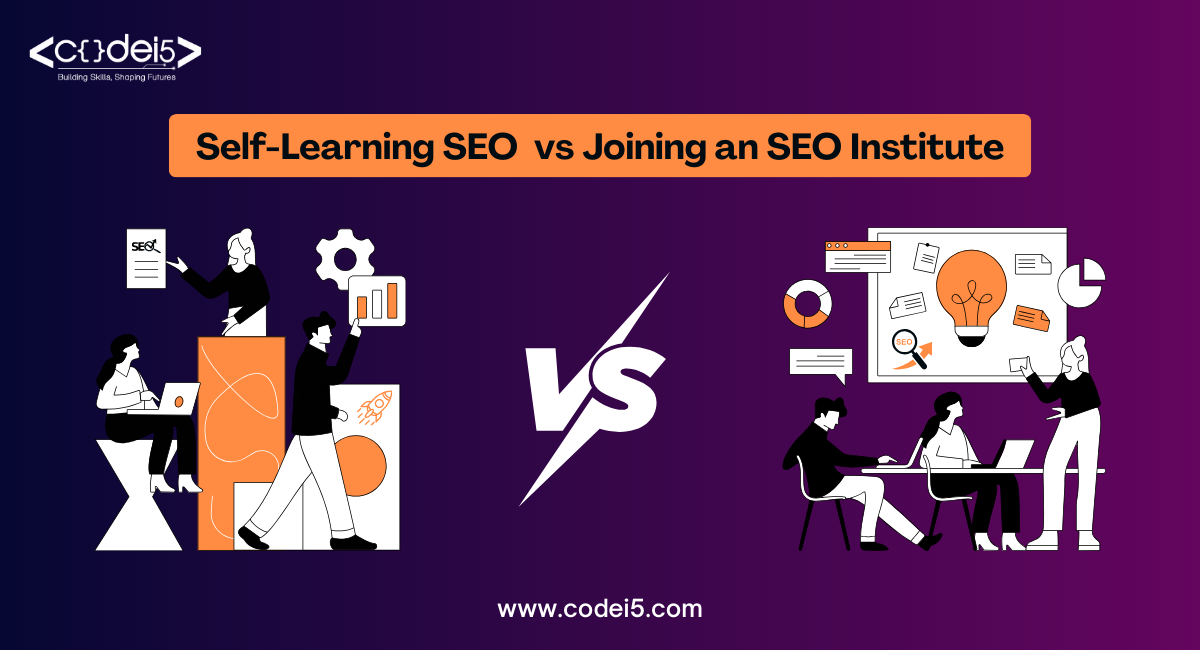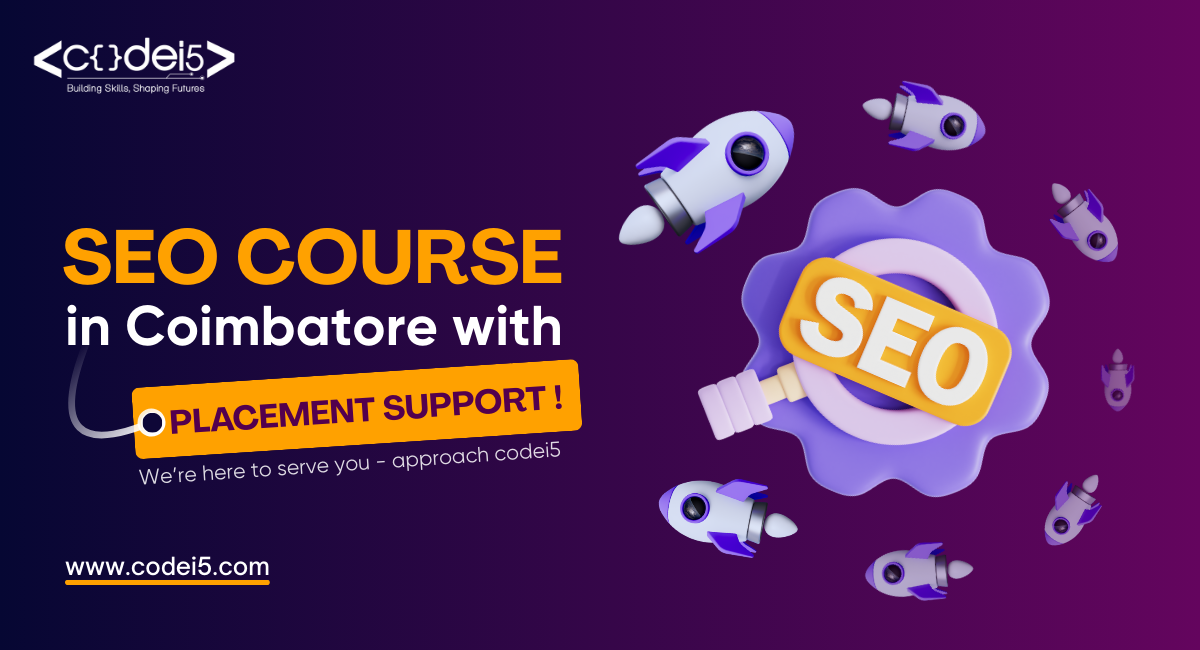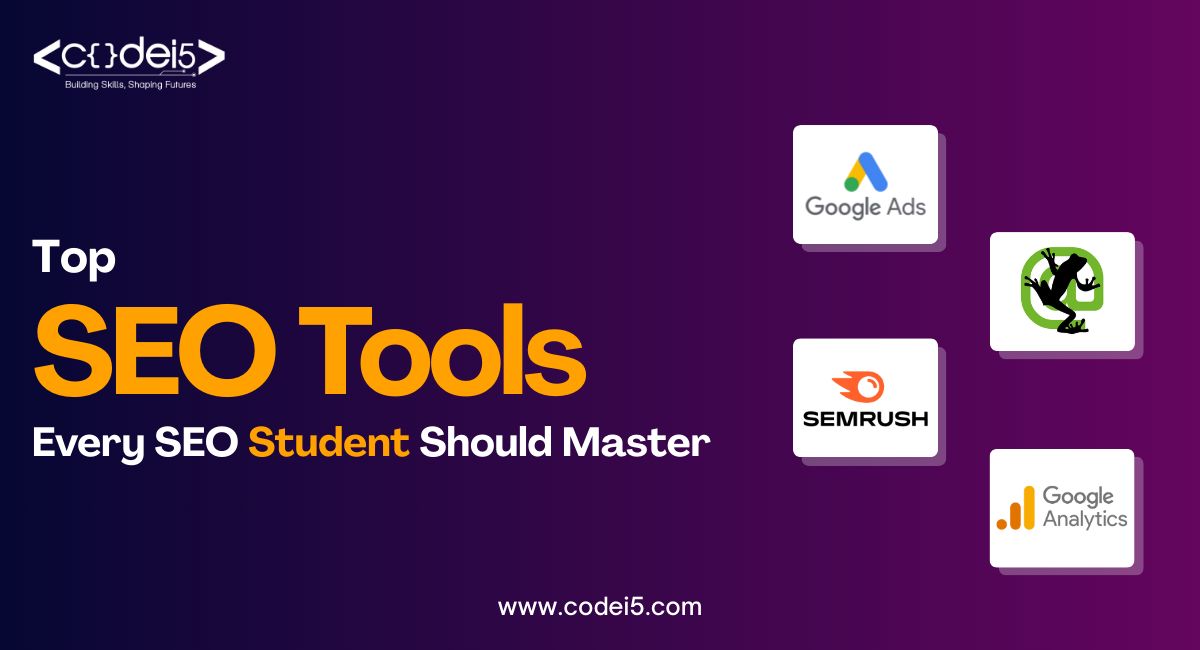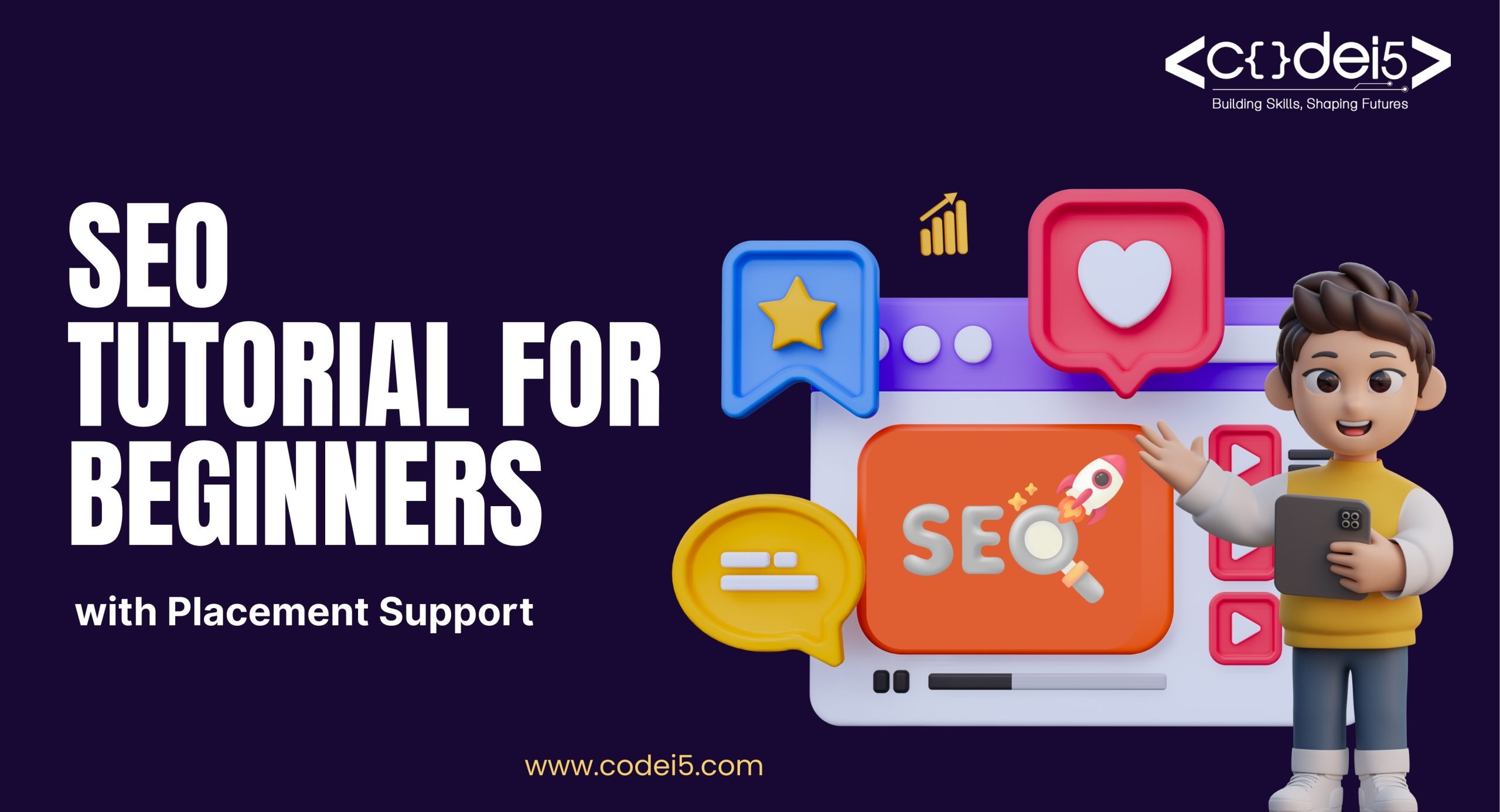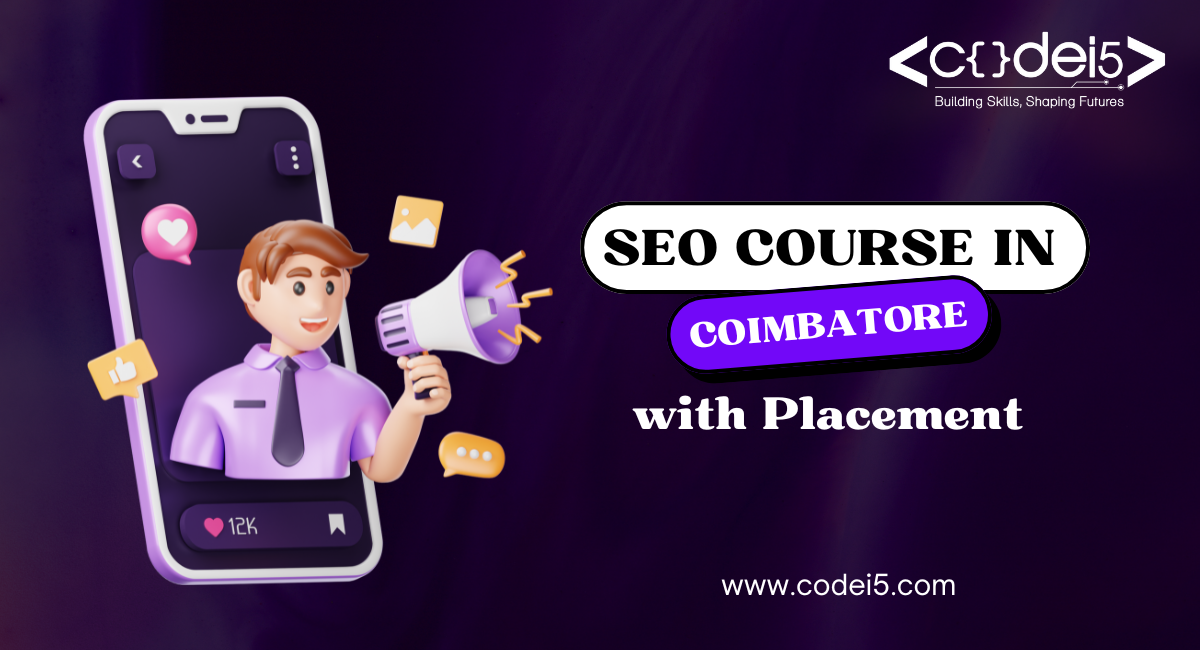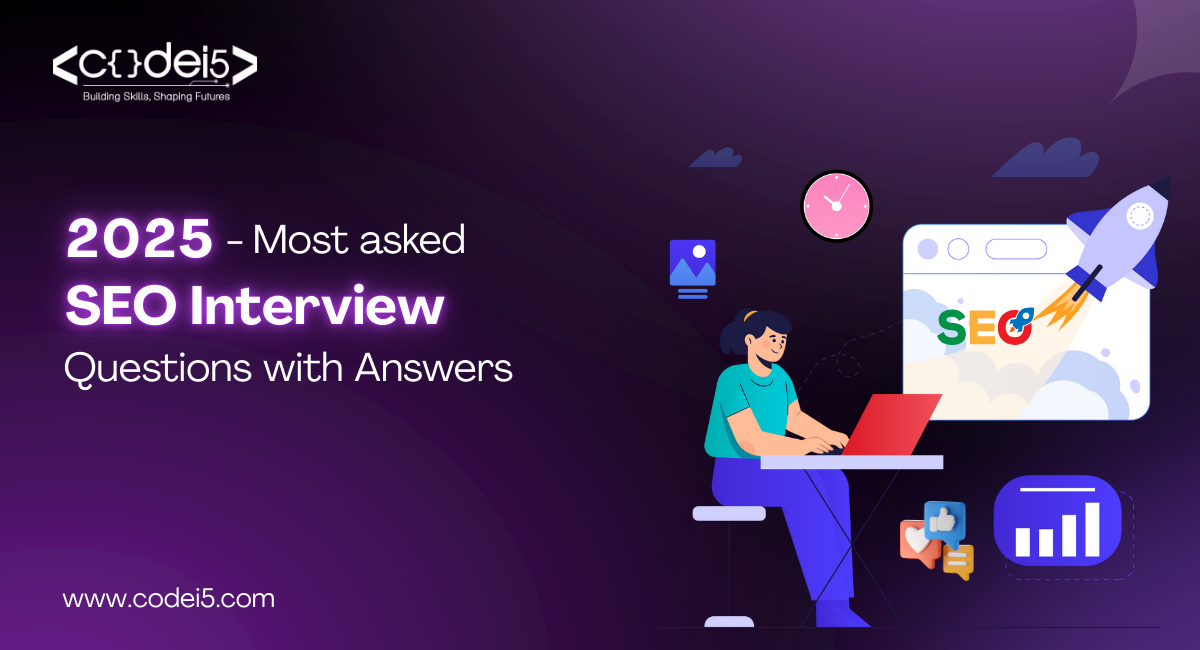
Most Asked SEO Interview Questions with Answers 2025
SEO interviews in 2025 are more competitive than ever. It’s no longer just about keywords. Employers want to see how well you understand search intent, analytics, content strategy, and technical optimization.
Whether you’re just starting your career or preparing for a senior role, this guide will help you prepare for the most asked SEO interview questions with answers 2025. Let’s get started.
Why SEO Is Still a Strong Career Choice in 2025
Search engine optimization continues to be one of the most valuable skills in digital marketing. Here’s why:
1. High Demand Across Industries
Almost every business depends on Google Search for visibility. That means there is always demand for skilled SEO professionals.
2. Career Growth and Flexibility
From SEO Analyst to Head of Organic Growth, there are many career paths. You can work freelance, join an agency, or be part of an in-house team.
3. Fast-Changing and Dynamic
With constant updates from Google and emerging technologies like AI Search and voice optimization, SEO is always evolving. It keeps professionals learning and adapting, making it an exciting long-term career.
Most Asked SEO Interview Questions with Answers 2025
Use this list of most asked SEO interview questions with answers 2025 to confidently showcase your knowledge of SEO tools, strategies, and real-world application in job interviews.
1. What is SEO and why is it important?
Answer:
SEO (Search Engine Optimization) is the practice of optimizing websites to rank higher in organic search results. It drives free, relevant traffic, improves brand visibility, and helps increase leads and conversions over time.
2. What are the different types of SEO?
Answer:
- On-Page SEO: Optimizing content, title tags, headers, meta descriptions, and internal links
- Off-Page SEO: Building backlinks, increasing brand mentions, and enhancing domain authority
- Technical SEO: Ensuring crawlability, fixing speed issues, optimizing mobile performance, and implementing structured data
3. What are Core Web Vitals?
Answer:
Core Web Vitals are performance metrics that Google uses to assess the user experience:
- LCP (Largest Contentful Paint): Page loading speed
- CLS (Cumulative Layout Shift): Visual stability
- INP (Interaction to Next Paint): User interaction speed
Websites meeting these standards are more likely to perform well in search rankings.
4. How do you approach keyword research in 2025?
Answer:
In 2025, keyword research is focused on intent and context. I use tools like Ahrefs, SEMrush, and Google Search Console to find:
- Search volume and keyword difficulty
- Intent (informational, commercial, transactional)
- SERP features like People Also Ask or featured snippets
- Competitor keywords and content gaps
- Long-tail and related entities for content clusters
5. What is E-E-A-T and why does it matter?
Answer:
E-E-A-T stands for Experience, Expertise, Authoritativeness, and Trust. It’s a framework Google uses to evaluate content credibility. To improve E-E-A-T:
- Publish content from experts
- Include detailed author bios and credentials
- Link to trustworthy sources
- Maintain accurate, regularly updated content
- Build quality backlinks
6. How do you perform a technical SEO audit?
Answer:
A technical SEO audit includes:
- Crawling the site using tools like Screaming Frog
- Fixing broken links, redirects, and orphaned pages
- Checking Core Web Vitals and site speed
- Reviewing robots.txt, XML sitemap, and canonical tags
- Ensuring mobile-friendliness and structured data markup
7. What’s the difference between 301 and 302 redirects?
Answer:
- 301 Redirect: A permanent redirect that passes link equity to the new page
- 302 Redirect: A temporary redirect, used when a page is moved for a short time
Use 301s for permanent changes and 302s for temporary redirects or A/B testing.
8. How do you handle a sudden drop in organic traffic?
Answer:
- Check Google Search Console for coverage or manual action issues
- Review GA4 data by page, source, and device
- Analyze recent Google algorithm updates
- Audit changes in site structure, content, or backlinks
- Re-index important pages if needed
9. What are the most important ranking factors in 2025?
Answer:
- Content quality and alignment with user intent
- Core Web Vitals and page speed
- Mobile-first design and responsive UX
- Structured data implementation
- Internal and external linking
- E-E-A-T and brand authority
You must understand these factors if you’re preparing for the most asked SEO interview questions with answers 2025.
10. What tools do you use for SEO?
Answer:
- Google Search Console: Performance and indexing data
- GA4 (Google Analytics 4): Behavior and conversion tracking
- SEMrush / Ahrefs: Keyword and backlink analysis
- Screaming Frog: Website crawl and error reports
- Looker Studio: SEO reporting and visualization dashboards
11. How do you measure SEO success?
Answer:
- Organic traffic growth over time
- Keyword rankings and position changes
- CTR (Click-through rate)
- Bounce rate and dwell time
- Conversion rate from organic traffic
- Number and quality of backlinks
Tracking these KPIs helps evaluate the success of any SEO campaign.
12. What is structured data and how does it help SEO?
Answer:
Structured data (schema markup) helps search engines understand your content more accurately. It enables rich results like:
- Product details
- Reviews and ratings
- FAQs
- Events and job postings
This improves visibility and CTR in the search results.
13. What is the difference between canonical tags and redirects?
Answer:
- Canonical Tag: Suggests the preferred version of a page to index
- Redirect: Physically sends users and search engines to a new URL
Use canonicals for duplicate or similar content, and 301 redirects for permanent page moves.
14. What is the difference between white hat and black hat SEO?
Answer:
- White Hat SEO: Ethical practices aligned with Google’s guidelines
- Black Hat SEO: Manipulative tactics like keyword stuffing or link farms
White Hat SEO ensures long-term growth and keeps your site penalty-free.
15. How important is content in modern SEO?
Answer:
Content is at the core of SEO in 2025. Google prioritizes:
- Content that is original, useful, and aligned with user intent
- Clean structure using headers and semantic markup
- Internal linking and multimedia integration
- Well-optimized headings and keyword usage
Strong content is essential for passing any of the most asked SEO interview questions with answers 2025.
Final Thoughts
This guide on the most asked SEO interview questions with answers 2025 prepares you for what hiring managers truly care about: your ability to adapt, problem-solve, and stay current with SEO trends and best practices.
Whether you’re aiming for your first SEO role or stepping into a senior-level position, mastering these questions will give you a competitive edge.
Looking to sharpen your SEO skills with expert-led training?
Join the SEO course at Codei5 Academy—available both online and at their Coimbatore center. Learn everything from on-page strategy to technical audits and become job-ready for 2025.


